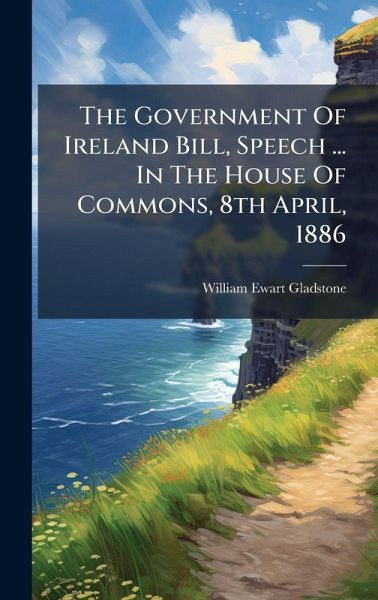
The Government Of Ireland Bill, Speech ... In The House Of Commons, 8th April, 1886
Versandkostenfrei!
Versandfertig in über 4 Wochen
26,99 €
inkl. MwSt.
Weitere Ausgaben:

PAYBACK Punkte
13 °P sammeln!
This is William Ewart Gladstone's historic speech delivered to the House of Commons on April 8th, 1886, concerning the Government of Ireland Bill, also known as the first Irish Home Rule Bill. Gladstone, a towering figure of British politics, passionately advocates for granting Ireland a greater degree of self-governance within the United Kingdom. The speech provides invaluable insight into the complex political landscape of the late 19th century, the dynamics of Anglo-Irish relations, and the fervent debates surrounding Irish Home Rule. Gladstone's eloquent arguments and detailed proposals of...
This is William Ewart Gladstone's historic speech delivered to the House of Commons on April 8th, 1886, concerning the Government of Ireland Bill, also known as the first Irish Home Rule Bill. Gladstone, a towering figure of British politics, passionately advocates for granting Ireland a greater degree of self-governance within the United Kingdom. The speech provides invaluable insight into the complex political landscape of the late 19th century, the dynamics of Anglo-Irish relations, and the fervent debates surrounding Irish Home Rule. Gladstone's eloquent arguments and detailed proposals offer a unique glimpse into the challenges and opportunities of addressing long-standing national grievances through parliamentary means. This historical document is essential reading for anyone interested in British and Irish history, political science, and the art of persuasive rhetoric. This work has been selected by scholars as being culturally important, and is part of the knowledge base of civilization as we know it. This work was reproduced from the original artifact, and remains as true to the original work as possible. Therefore, you will see the original copyright references, library stamps (as most of these works have been housed in our most important libraries around the world), and other notations in the work. This work is in the public domain in the United States of America, and possibly other nations. Within the United States, you may freely copy and distribute this work, as no entity (individual or corporate) has a copyright on the body of the work. As a reproduction of a historical artifact, this work may contain missing or blurred pages, poor pictures, errant marks, etc. Scholars believe, and we concur, that this work is important enough to be preserved, reproduced, and made generally available to the public. We appreciate your support of the preservation process, and thank you for being an important part of keeping this knowledge alive and relevant.



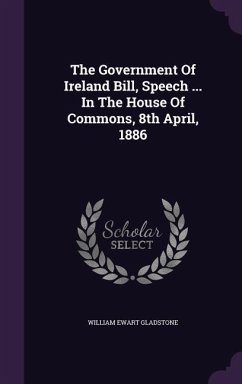
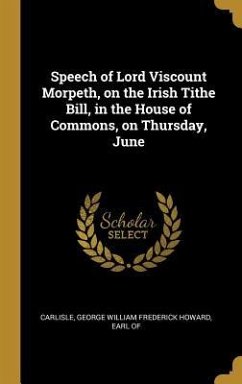
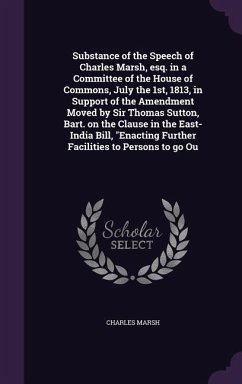
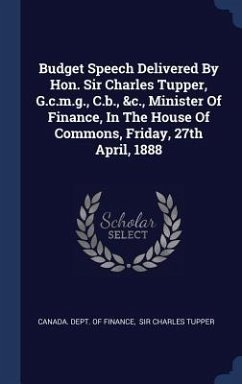

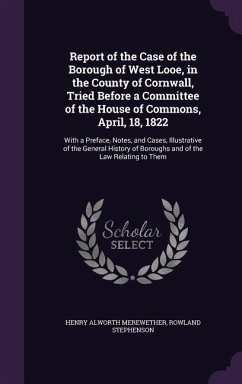
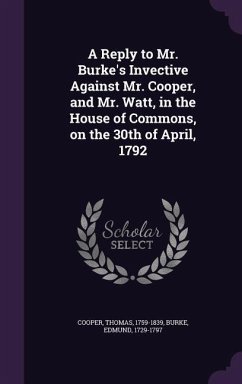


![The Speech Of Randle Jackson ... To The ... Committee Of The House Of Commons, Appointed To Consider Of The State Of The Woollen Manufacture Of England, On Behalf Of The Cloth-workers And Sheermen Of The Counties Of Yorkshire, Lancashire [&c.] Cover The Speech Of Randle Jackson ... To The ... Committee Of The House Of Commons, Appointed To Consider Of The State Of The Woollen Manufacture Of England, On Behalf Of The Cloth-workers And Sheermen Of The Counties Of Yorkshire, Lancashire [&c.]](https://bilder.buecher.de/produkte/64/64729/64729833n.jpg)